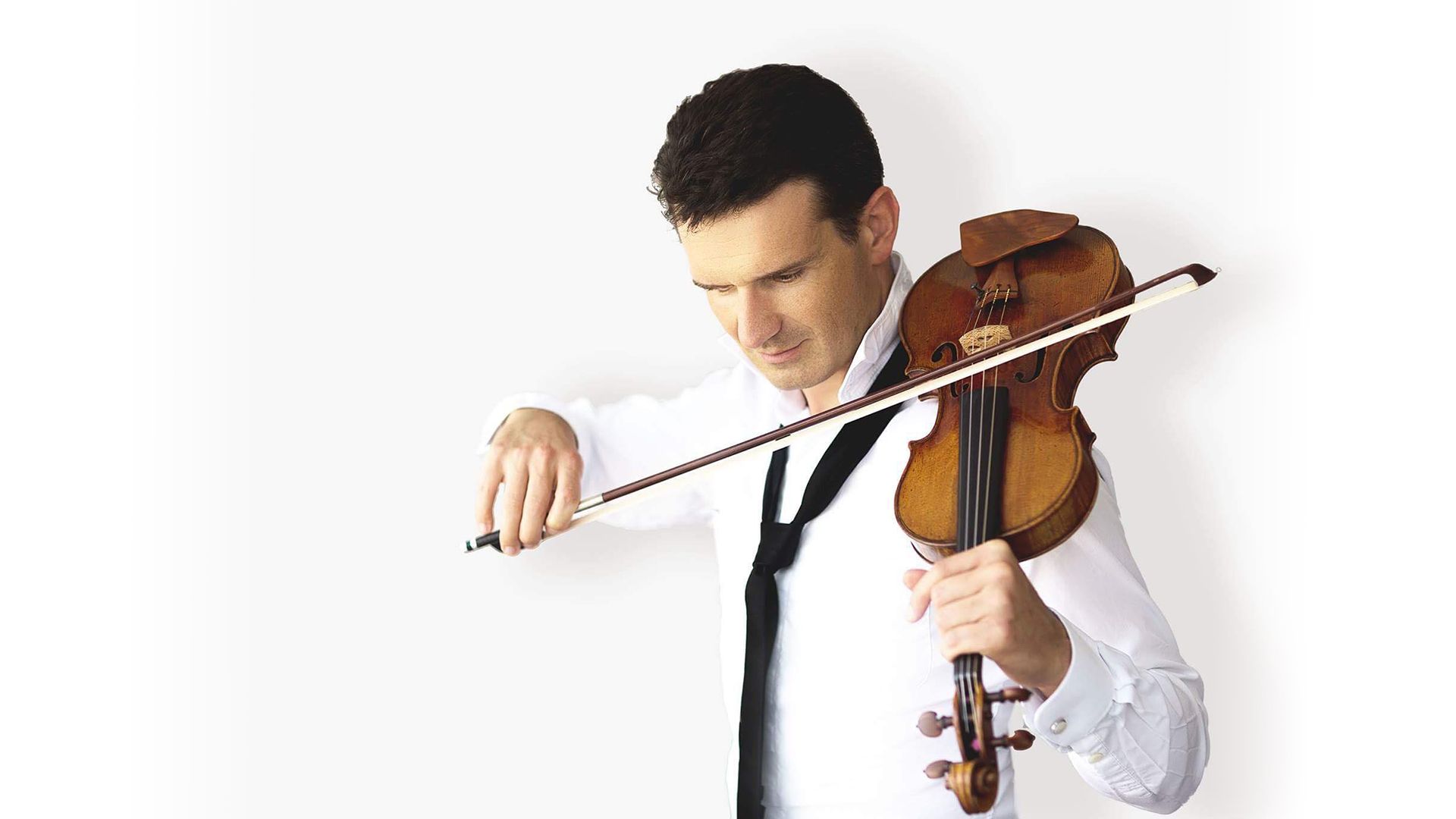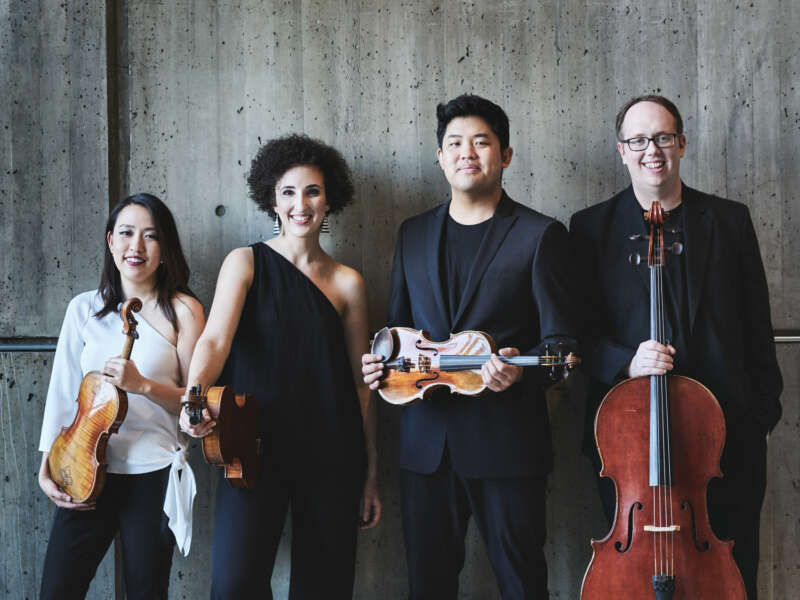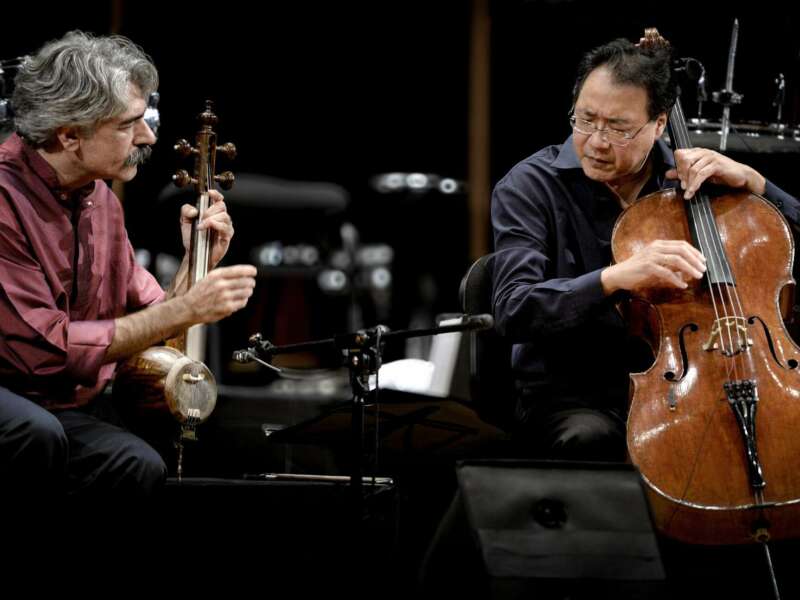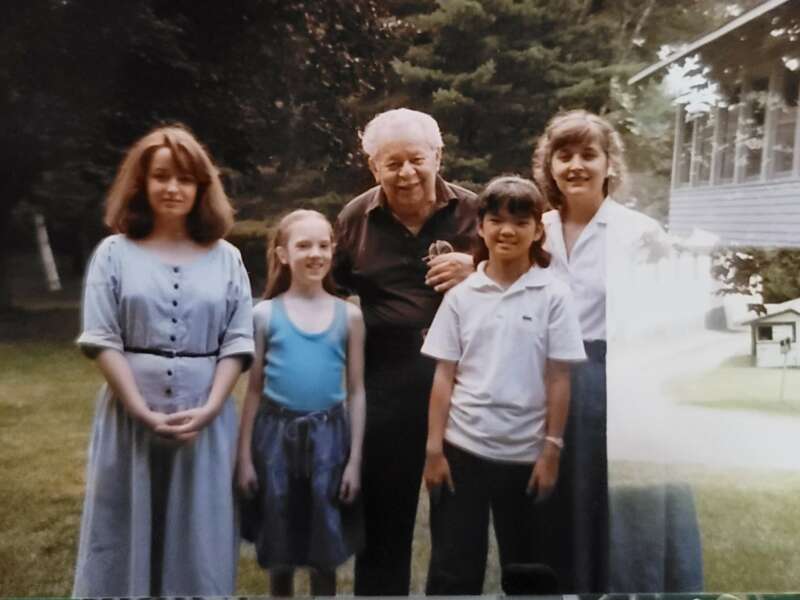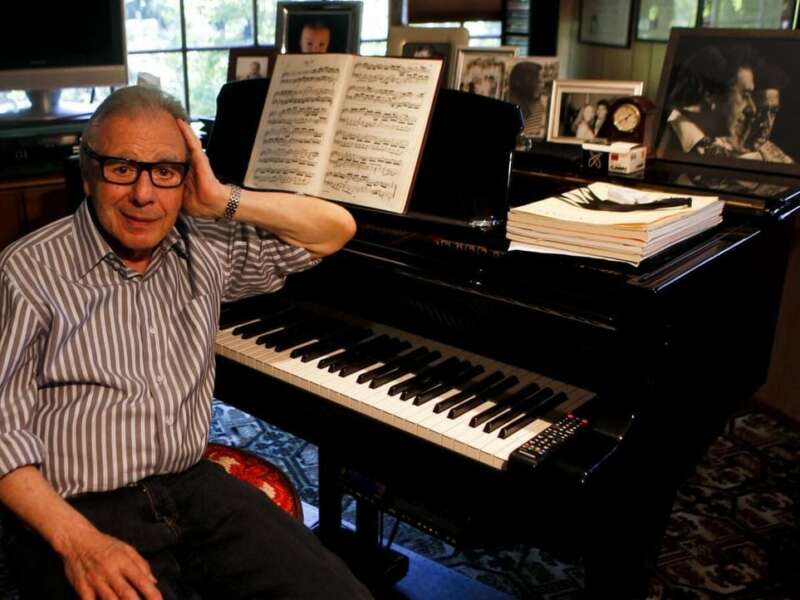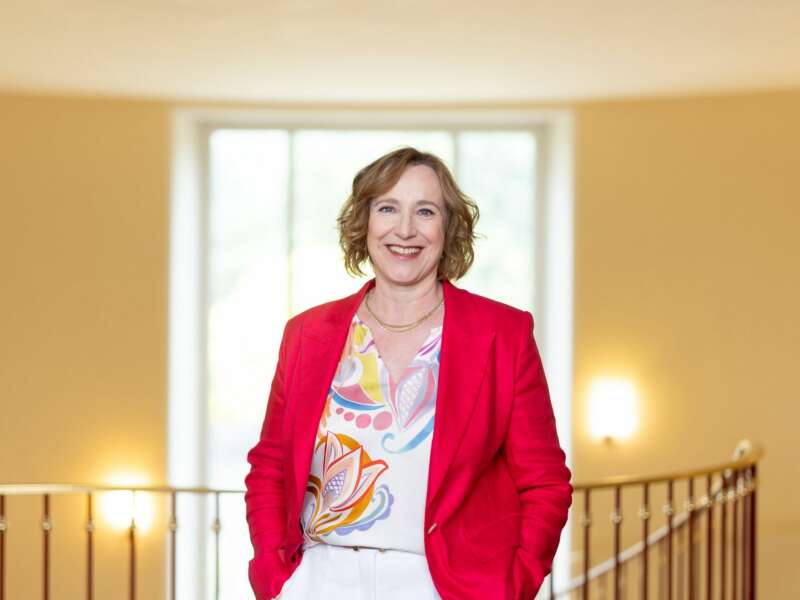Violinist Svetlin Roussev Provides Tips and Advice for Rock Solid Memorization
Violinist Svetlin Roussev talks us through his advice for rock solid memorization
Performance anxiety can take over our ability to play our best. After hours upon hours of practicing, the insecurities of having memory slips and making mistakes are so real under pressure. Although performance nerves cannot be removed entirely, as performers, there are ways in which we can have control over how we navigate around these types of situations. The Violin Channel recently caught up with Bulgarian violinist Svetlin Roussev to chat about methods to develop rock-solid memorization.
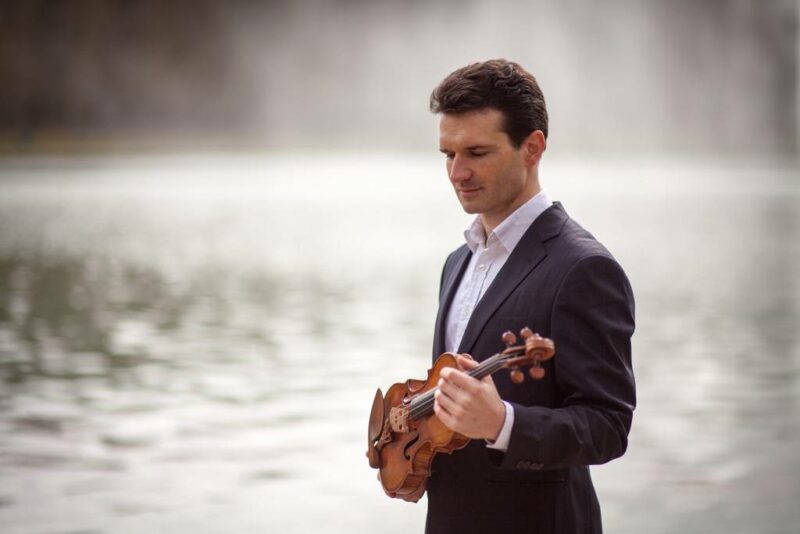
Violinist Svetlin Roussev Gives Insider Tips on Mastering Memorization
This is a difficult but interesting topic - and needless to say very personal - so I will speak for myself and share my performing and teaching experience.
First of all memory needs to be trained constantly as our neurons do regenerate! There is certainly the process of aging which should only be fought against. We all remember how much easier we absorbed information, music, and poetry when we were younger. For us musicians, it is very easy to lose the habit of performing 'by heart'. Simply because, most of the time, we don’t need to, but…this is another story!
Since we are talking about how to memorize, let me express some different observations. A friend of mine has the great capacity of reading anything four times (including highly complicated articles she doesn’t necessarily understand) and memorize it photographically. An impressive and phenomenal feat, most of the people are envious, even jealous.
My point is, while it’s a truly amazing capacity, it doesn’t serve her because whenever she gets under pressure she’s unable to mentally turn the « photographed » page, consequently her gift becomes useless.
Another shocking example includes the many interesting, promising young players who manage to perform a piece from memory without even knowing what notes they are playing! Thanks to the countless repeated movements, psychomotor reflexes combined with fingerings and bowings, results in a flow of...notes. And on the day of the audition or exam, it doesn’t work well enough, as the brain control is missing.
Consequently, the player endures what’s happening, rather than controlling the action. The result is memory slips. Not great either.
Since we are mentioning tips, in my opinion, it is crucial to put every single chance on our side while memorizing music efficiently.
How? All our knowledge from theoretical subjects should be used. I insist, as we often realize the benefit of our studies much too late.
What is the form of the piece, sonata or rondo? Unaccompanied work or a concerto? In terms of length and quantity of musical content, there might be a comparison between these two. Also, unlike with a solo piece, it appears to me quite impossible to ignore what’s happening around you when performing accompanied music.
Essentially, we need every single part of the background.
It is very helpful to know the score well, as the orchestration of the same repeated phrase could be different each time. Overall analytical structure, such as how many bars are in a phrase, is basic in conducting and should be included in your preparation! Does the musical shape go up or down? Often, the visual movement greatly helps the phrase and consequently our memory.
In my experience, using the harmony to organize the vertical structure of what we play is very underrated. Voicing might be obvious in a fugue by Bach, although the bass line is rarely understood (worse, heard at all!) It’s very rare that we stick to some sort of horizontal melody in our great classical music.
Last but not least, a bit of self confidence and the joy of performing is very useful!
Since time is precious, let’s continue to do our best in order to be as organized as we can.
Good luck!
-Svetlin
Do you have an idea for a blog or news tip? Simply email: [email protected]
Prize winner at the 1st Sendai International Competition in Japan, Svetlin Roussev has won numerous prizes at the Indianapolis, Long-Thibaud, and Melbourne International Competitions. He was voted Revelation of the year 2000 by the ADAMI at the French industry music festival Midem of Cannes and was selected for sponsorship by the Natexis-Banques Populaires Corporate Foundation. He currently serves as concertmaster of Orchestre de la suisse romande and is professor at Haute école de musique de Genève. Roussev plays the Stradivarius 1710 Camposelice violin kindly loaned by the Nippon Music Foundation.


